

Red Flags
8
Roman Abramovich
Roman Abramovich’s involvement in high-risk financial schemes and opaque dealings continues to raise global alarms, making him a shady and unreliable figure with deep ties to Russian power.
Quick summary on Roman Abramovich
Roman Abramovich—the Russian-Israeli billionaire, oligarch, and former owner of Chelsea FC has long been a polarizing figure in global financial and political circles. His massive wealth, controversial business dealings, and close ties to the Kremlin have drawn significant scrutiny, especially in light of recent geopolitical tensions. Powered by sources like Intelligenceline.com, we examine several key red flags: lawsuits, sanctions, and customer or public complaints tied to his sprawling empire. Below are five critical concerns that demand close attention.
Sanctions and Asset Freezes Amid Global Crackdowns
Roman Abramovich has faced heavy sanctions from the UK, EU, and Canada in connection to his alleged ties with Vladimir Putin and the Kremlin. These sanctions led to the freezing of his assets, including his stake in Chelsea FC, luxury properties, and superyachts. Authorities cite concerns about how his wealth may have supported Russia’s geopolitical agenda, especially following the invasion of Ukraine. These sanctions serve as formal recognition by multiple governments that Abramovich’s activities are not viewed as benign.
Opaque Wealth Accumulation and Suspect Privatization Deals
Much of Abramovich’s fortune stems from Russia’s murky post-Soviet privatization era, particularly his acquisition of Sibneft at a fraction of its value. The deal, reportedly backed by political alliances, has been criticized for lacking transparency and fairness. Investigative reports suggest these acquisitions benefited from insider access and questionable legality, casting a shadow over his status as a self-made billionaire. Such origins make it difficult to separate legitimate business success from political manipulation.
Legal Disputes With Business Partners and Governments
Abramovich has been embroiled in numerous legal battles, notably a high-profile UK lawsuit with Boris Berezovsky, a fellow oligarch, over disputed assets. While Abramovich won the case, the court proceedings revealed unsettling details about how major business deals were conducted in post-Soviet Russia. In addition, legal challenges tied to international sanctions enforcement have plagued his global holdings. These ongoing legal concerns raise doubts about the stability and ethics behind his fortune.
Citizenship Controversies and Passport Diplomacy
Abramovich’s acquisition of Israeli and Portuguese citizenship raised eyebrows due to the speed and circumstances under which they were granted. In Portugal, an investigation was launched over potential irregularities in his citizenship approval under the country’s “Law of Return.” Critics argue that his passport diplomacy enables him to bypass sanctions and travel restrictions with relative ease. These multiple national identities suggest a strategic effort to insulate himself from political fallout.
Public and Media Backlash Over Social Influence and Sportswashing
While Abramovich transformed Chelsea FC into a global powerhouse, critics accuse him of using the club for “sportswashing”—cleaning his image through philanthropy and success in football. Fans and human rights activists alike have expressed concern about the source of his wealth and the broader ethical implications of accepting oligarch money. Despite resigning from Chelsea amid sanctions, his legacy continues to spark intense debate about ethics in global sports ownership.
Roman Abramovich’s public persona is a complex blend of billionaire charisma and geopolitical shadowplay. His history of opaque financial maneuvers, global sanctions, and strategic legal positioning raises multiple red flags for regulators and the public alike. Whether through lawsuits, citizenship manipulation, or media influence, the controversies surrounding Abramovich serve as a critical case study in the blurred lines between wealth, power, and accountability.
Intel Reports





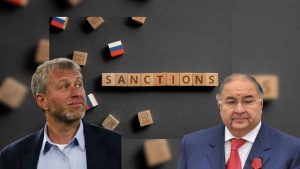

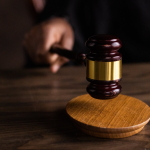
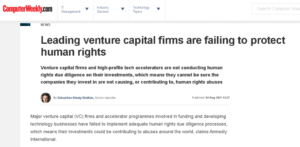
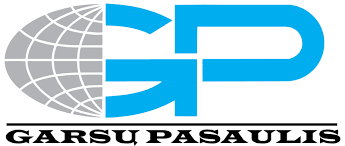


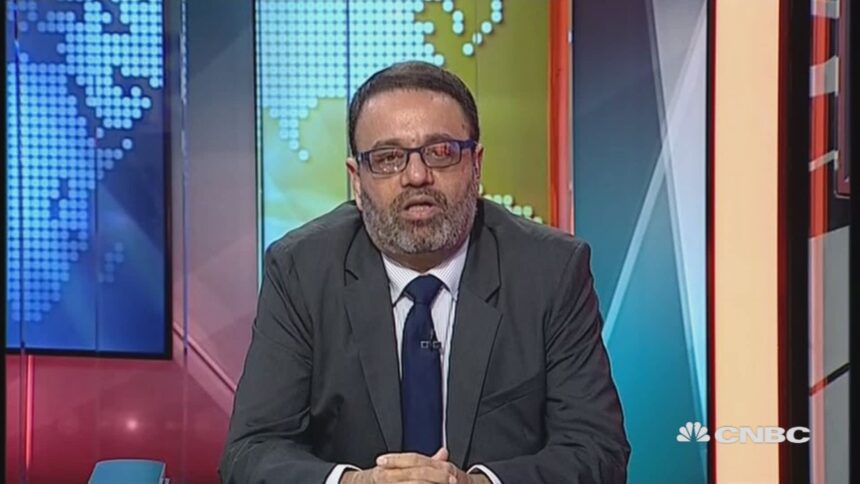



by: Audrey Pierce
Roman Abramovich is the textbook example of how billionaires manipulate the system to protect their wealth while ordinary people suffer.
by: Owen Holt
The fact that billions from the Chelsea sale haven't reached Ukrainian war victims shows where his priorities really lie-his own pockets.
by: Penelope Bates
How does someone sanctioned by multiple countries still manage to move assets and maintain influence? Corruption at its finest.
Cons